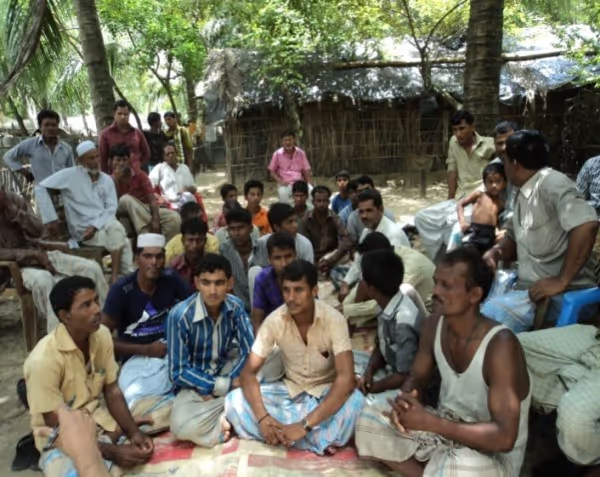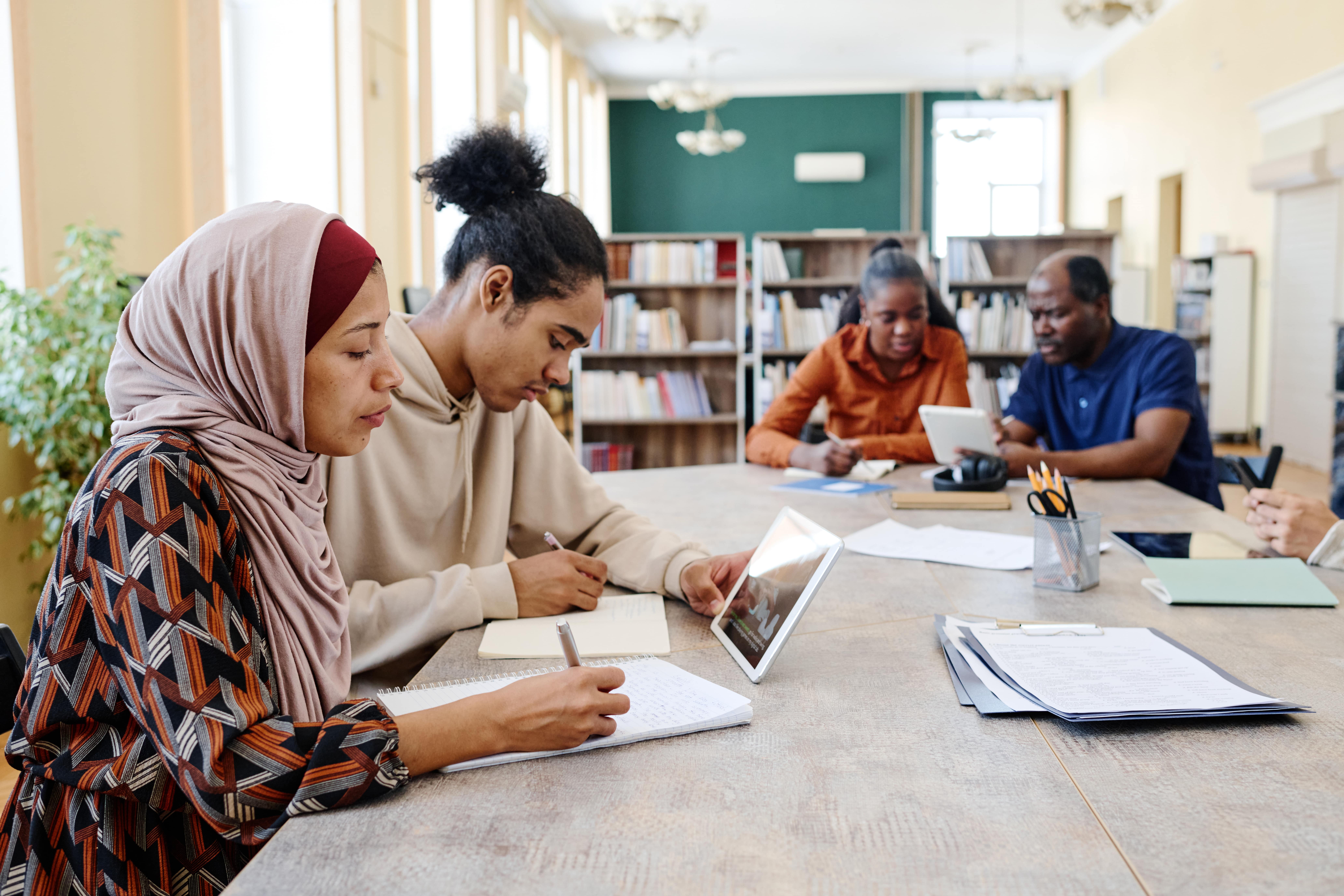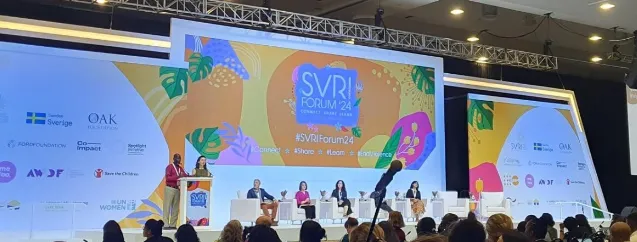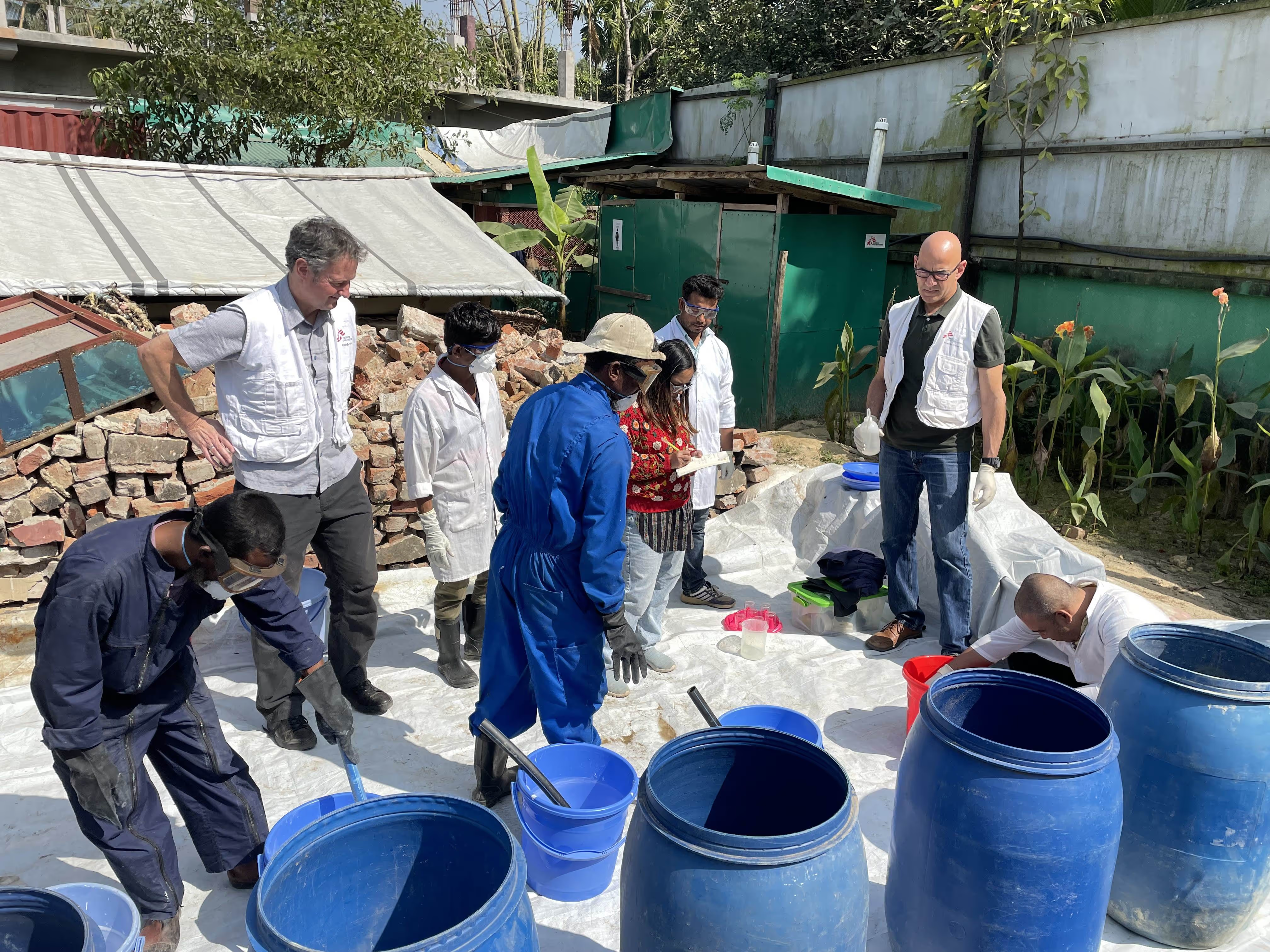October blog

Both CARE and Comprehensive Disaster Management Program (CDMP) were awaiting approval to begin implementation of their respective early warning systems projects. The month saw an increase in strikes and since it was also EID many people were on leave and organisations were closed for an extended period of time. Furthermore, government departments were gearing up for the upcoming elections and there was huge reassignment of decision-making staff in administrative offices. These changes set back the project approval process as well.
In order to expedite implementation as soon as the necessary approvals were in place, the project team started to initiate the baseline survey even with the limited staff in place. Various tools and techniques were employed to gather information on household food security; food consumption; income and expenditure; debt situation &; savings; health, water &; sanitation; relationship with Boat Owner/Association; existing Early Warning (EW) systems; EW sources &; dissemination; EW message content; lead time of EW; Communication &; Network; Capacity in EW &; DRR; Indigenous/local knowledge; Safety &; Security; Institutional Arrangement for EW and Coordination of the Service Providing Agencies (SPAs); Climate Change &; Impact; Coping strategy; Gender relation &; Fisher's women roles and responsibilities too.
The team aims to complete the survey by the end of the year; initial findings indicate that there is a need to ensure that the content of the early warning messages are analysed and presented in the local language used by the targeted fishing communities. This will be a crucial point to note in the project since early warning messages are disseminated in standard Bengali, and may not be comprehensible in poverty stricken areas where local dialects are commonly used.
The project team is planning to meet all partners and collaborators in November to take concrete action to facilitate the NGO Affairs Bureau (NGOAB) approval process. Accordingly the project has also informed the Centre for Global Change (CGC) and Systems Solutions &; Development Technologies Limited (SSD Tech) about the cancellation of any memorandum of understanding (MOU) with them since their roles have become redundant as a result of the changing operational context.

Stay updated
Sign up for our newsletter to receive regular updates on resources, news, and insights like this. Don’t miss out on important information that can help you stay informed and engaged.
Related articles



Explore Elrha
Learn more about our mission, the organisations we support, and the resources we provide to drive research and innovation in humanitarian response.